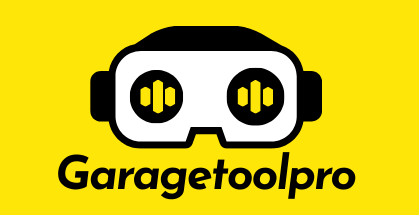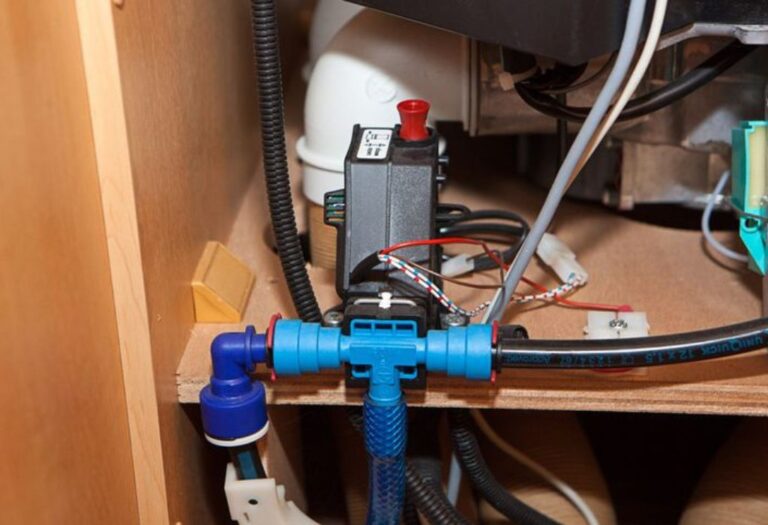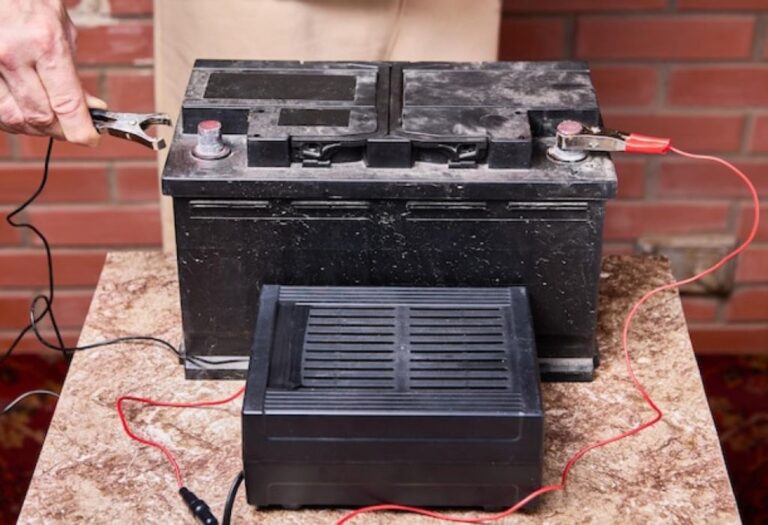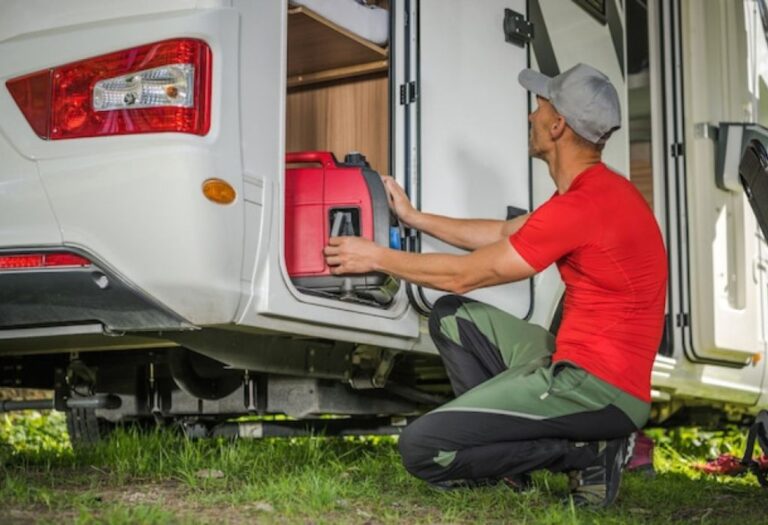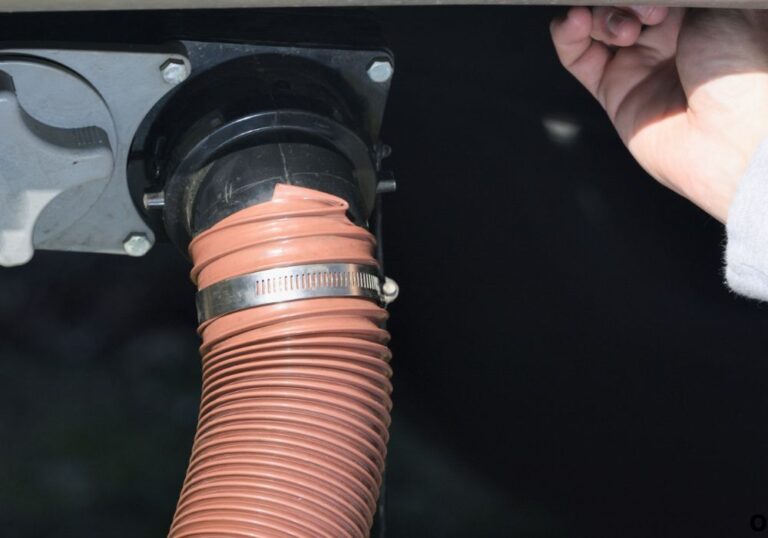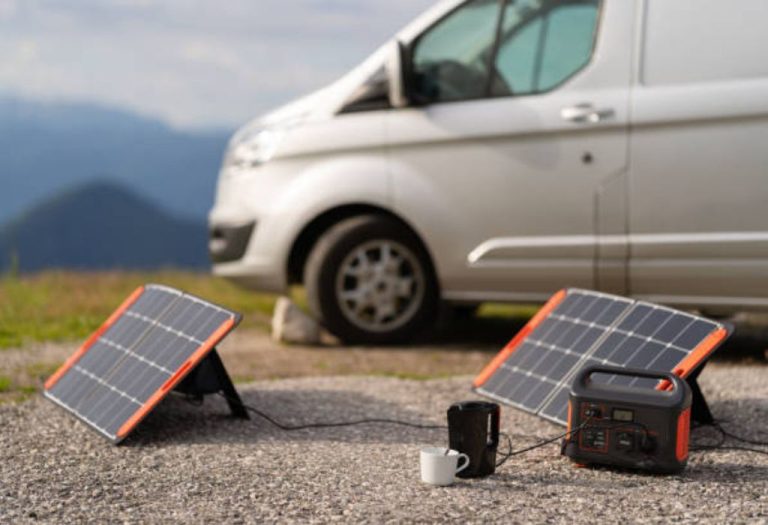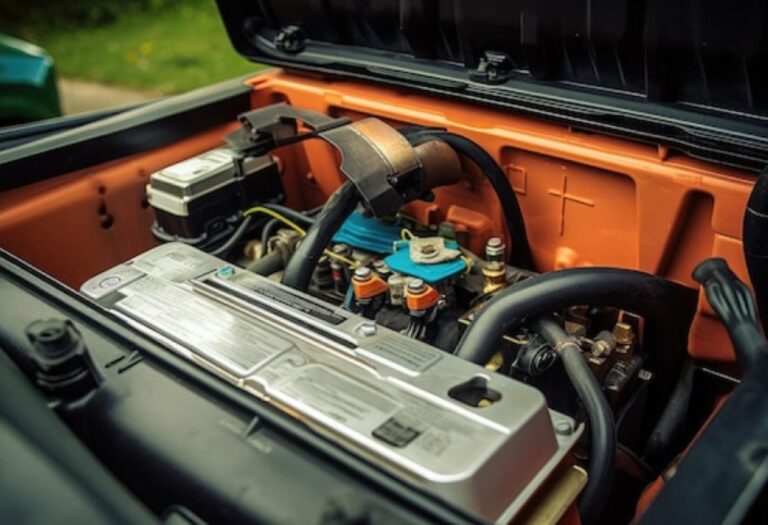Does Tow Vehicle Charge RV Battery? Complete 2025 Guide
An RV owner hooking up a travel trailer to the family truck may assume that driving automatically keeps the RV battery charged during the trip.
The expectation is simple: if the tow vehicle has a powerful alternator, surely the trailer battery benefits from it too.
Unfortunately, many RVers reach their camping spot only to discover that the house batteries are still low despite hours of towing.
This creates frustration, especially when relying on those batteries for lights, water pumps, or refrigeration during off-grid camping.
According to the RV Industry Association, more than 11 million U.S. households own RVs, and battery management is one of the most common challenges for travelers.
Batteries power everything from small appliances to essential safety systems, so knowing whether the tow vehicle charges them is critical.
The answer is not always straightforward because it depends on wiring, connectors, and charging equipment.
This guide explores how tow vehicles interact with RV batteries, charging speed, common issues, and upgrade options to ensure power security in 2025.
Do Tow Vehicles Charge RV Batteries?
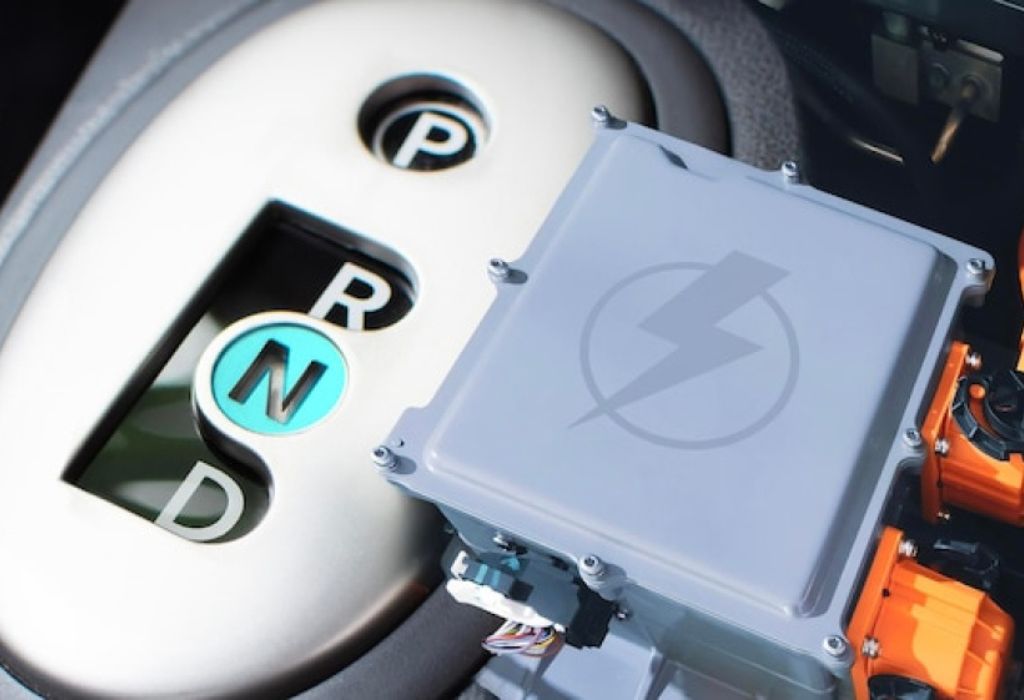
Yes, a tow vehicle can charge an RV battery, but only if the trailer wiring includes a proper charge line. A standard 7-pin connector often has a charging pin built into the plug.
When connected, the alternator from the tow vehicle sends DC current to the RV’s house battery through this line. This keeps the battery topped off while driving.
However, not all factory-installed setups include an active charging connection. Some may be wired incorrectly, leaving the RV battery uncharged.
Even when charging works, most systems only provide a trickle charge instead of a full, rapid recharge.
Does every tow vehicle charge RV batteries?
No, only if wired with a charge line.
Does the 7-pin plug supply charging?
Yes, if connected properly.
Is it trickle charge or full charge?
Usually trickle charge.
Do all trailers come wired for charging?
No, many require upgrades.
Can driving fully charge the battery?
Not usually, only partial charging.
How the Charging System Works
The tow vehicle’s alternator generates DC power whenever the engine runs. This electricity flows first to recharge the vehicle’s starter battery.
Once the starter battery is satisfied, extra current can travel through the 7-pin connector into the trailer’s house battery. A battery isolator ensures the RV does not drain the vehicle’s main battery.
The wiring inside the 7-pin plug includes a dedicated charge line, though not all vehicles activate this feature from the factory. Heavy-duty alternators can provide more current for charging.
The efficiency of this system depends on wire gauge, alternator capacity, and how far the current must travel to reach the RV battery.
How does alternator power the RV battery?
Through the 7-pin charge line.
What role does the 7-pin connector play?
It carries electricity to the trailer.
Do isolators protect the tow vehicle battery?
Yes, they prevent back-draining.
Does wiring thickness affect charging?
Yes, thinner wires reduce flow.
Is it safe for long trips?
Yes, if wired correctly.
Charging Speed and Limitations
Alternators are designed to prioritize the tow vehicle’s chassis battery before anything else. The RV house battery is secondary and only gets the leftover current.
This means charging is slow and usually considered trickle charging. Large deep cycle batteries may take many hours of driving to see a significant charge.
A fully drained RV battery cannot be restored to 100% simply by towing. Shore power, solar panels, or generators are needed for complete recharging.
Driving helps maintain battery levels, but it is not enough to replace heavy energy use during camping.
How fast do RV batteries charge while towing?
Very slowly, often trickle charging.
Does battery size affect speed?
Yes, bigger batteries charge slower.
Can alternators fully charge deep cycle batteries?
No, they provide maintenance-level charging.
Does trickle charging harm batteries?
No, but it leaves them undercharged.
Do long drives make a difference?
Yes, but rarely give a full charge.
Common Problems With Tow Vehicle Charging
Some 7-pin connectors are not wired correctly, leaving the charging pin inactive. This is a common issue in older vehicles or aftermarket setups.
Weak or thin wiring reduces the voltage delivered to the trailer, making charging ineffective. The further electricity must travel, the more voltage drop occurs.
Battery isolators or relays may fail, preventing the alternator’s current from reaching the RV battery. Faulty fuses can also interrupt the charge line.
In some cases, trailers are sold without a charge line at all, meaning no power flows to the house battery from the tow vehicle.
Why isn’t my RV battery charging while driving?
Likely due to wiring or fuse issues.
Does factory wiring always include charging?
No, it varies by manufacturer.
Can poor connections stop charging?
Yes, bad wiring blocks current.
Do fuses or relays fail often?
Yes, they can break the circuit.
Is aftermarket wiring more reliable?
Yes, if installed correctly.
Upgrading Tow Vehicle Charging System
Installing heavier gauge wiring improves current flow to the trailer battery. This reduces voltage drop and speeds up charging.
Adding a DC-to-DC charger is the most efficient upgrade. These devices regulate alternator power to deliver a proper multi-stage charge for RV batteries.
Replacing or upgrading isolators ensures both the tow vehicle and RV batteries are managed safely. This prevents draining one system at the expense of the other.
Combining alternator charging with solar or a generator creates a balanced, reliable power setup for long trips and boondocking.
Do I need a DC-to-DC charger?
Yes, for faster, efficient charging.
Does heavier wire improve charging?
Yes, it reduces voltage drop.
Are aftermarket isolators better?
Yes, they protect both batteries.
Should I add solar panels too?
Yes, for balanced charging.
Is generator charging faster?
Yes, it restores full charge quickly.
House Battery vs Chassis Battery Charging
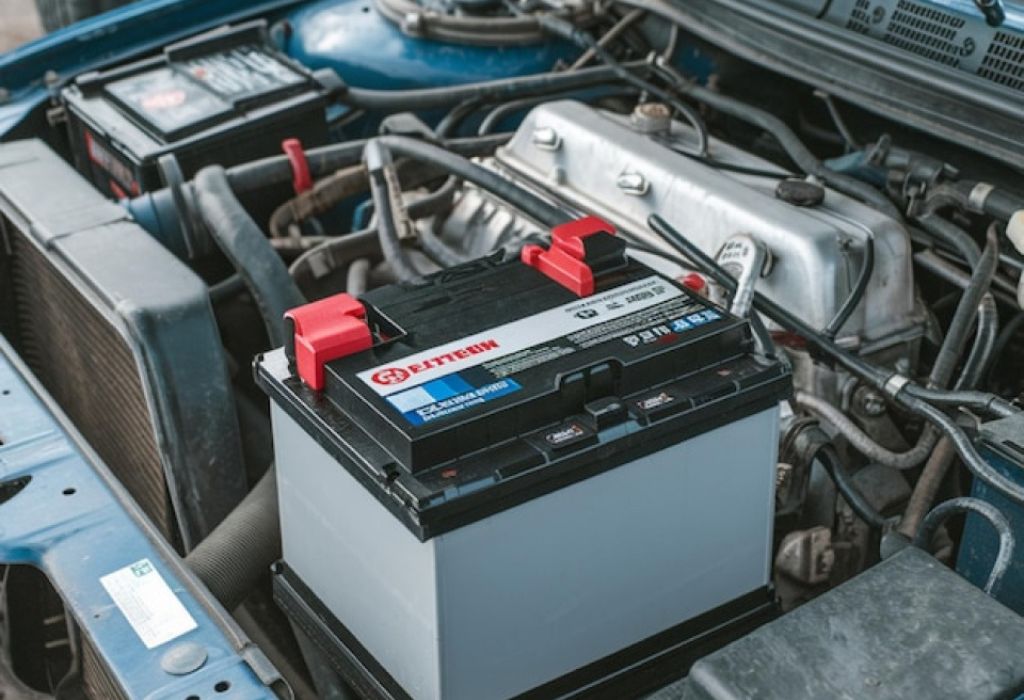
Tow vehicles always prioritize their own chassis battery first. The alternator ensures the vehicle can start before supplying extra current elsewhere.
The RV house battery is secondary and charges more slowly. Without proper wiring or isolators, it may not charge at all.
Some motorhomes and advanced tow setups link both systems with isolators. This allows controlled charging while preventing accidental draining.
Understanding the difference prevents confusion when troubleshooting low batteries.
Does the alternator charge both batteries?
Yes, but the chassis comes first.
Which battery charges first?
The tow vehicle’s starter battery.
Do trailers have chassis batteries?
No, only tow vehicles.
Can the house battery drain the truck battery?
Yes, without an isolator.
Do isolators separate the systems?
Yes, they protect both sides.
Tips for Maximizing Charging While Towing
Drive longer distances to give the alternator time to provide power to the RV battery. Short trips rarely provide meaningful charging.
Keep battery terminals clean to reduce resistance and ensure efficient current flow. Corrosion slows charging significantly.
Inspect wiring and fuses before long trips to avoid unexpected charging failures. Preventive checks save time and frustration.
Combining alternator charging with solar panels provides balance, reducing the strain on both systems.
How to get the most charge while towing?
Drive longer and maintain wiring.
Does maintenance matter?
Yes, clean connections improve flow.
Should I check connections often?
Yes, before each long trip.
Is solar worth adding?
Yes, for consistent charging.
Can I rely only on alternator charging?
No, it is too slow.
Conclusion
Tow vehicles can charge RV batteries, but the process is often slow and incomplete. Charging depends on proper wiring, 7-pin connectors, and system health.
Most setups only provide a trickle charge, which maintains but does not fully restore house batteries. Alternators prioritize the chassis battery before supporting the trailer.
Upgrades like DC-to-DC chargers, heavy wiring, and solar panels improve performance significantly. These investments make RV travel more reliable and stress-free.
Final advice: always verify your wiring, understand your alternator limits, and use multiple charging methods for dependable battery power in 2025.
I’m David R. Coleman, the founder, lead writer, and lifelong tool enthusiast behind GarageToolPro.com. With years of experience in automotive repair, woodworking, and home DIY projects, I created this platform to share practical tips, detailed tool reviews, and step-by-step guides that help mechanics, hobbyists, and homeowners get the job done right the first time.
